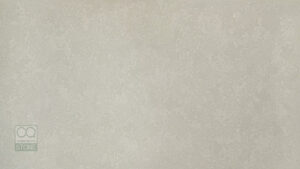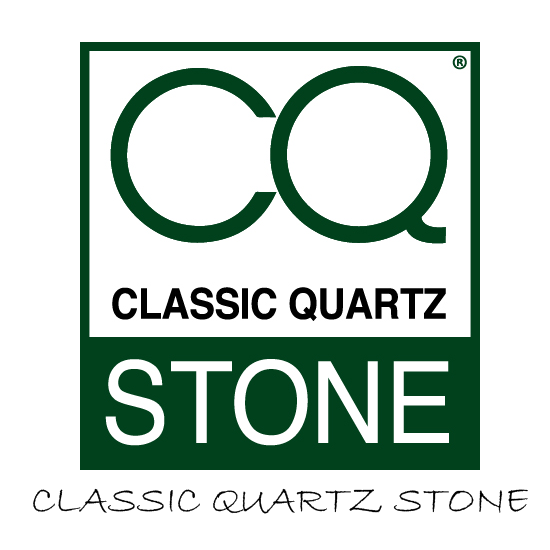Quartz stone vs Corian for Kitchen Surfaces
 Choosing the right material for kitchen surfaces can be an intimidating task with so many options available. For years natural stones have dominated the market, but now it is time for manufactured ones. Each year, more and more homeowners decide to choose manufactured surfaces over natural ones. The main reason is that manufactured surfaces are more consistent across the board since they are engineered to have the same characteristics. Two very popular manufactured materials are quartz stone and corian. However, they are very different materials; continue reading if you want to know more about them and which one may be better for you.
Choosing the right material for kitchen surfaces can be an intimidating task with so many options available. For years natural stones have dominated the market, but now it is time for manufactured ones. Each year, more and more homeowners decide to choose manufactured surfaces over natural ones. The main reason is that manufactured surfaces are more consistent across the board since they are engineered to have the same characteristics. Two very popular manufactured materials are quartz stone and corian. However, they are very different materials; continue reading if you want to know more about them and which one may be better for you.
1. The manufacturing
Before we start to compare other characteristics of these two materials, firstly we need to explain how they are made. What goes in and how they are produced has a huge impact on all characteristics of both materials. Corian is a brand name associated with solid-surface countertop materials. It has become the synonym for the solid surface materials and it is produced from roughly 1/3 of polymers and 2/3 of natural materials. Quartz is, on the other hand, produced from usually 93% quartz stone and 7% of polymers.
2. Durability
When it comes to durability, quartz has an advantage over Corian. Stones are naturally very durable materials and can last you for decades. Since quartz has a much higher stone percentage, it is more durable than Corian. While Corian is not fragile, it will not last as long as quartz.
3. Resistance to staining
Both materials are non-porous, which means they don’t absorb water and liquids. This makes them highly resistant to staining and perfect for use in the kitchen. They both perform great in this category.
4. Scratch resistance
Similarly to durability concerns, quartz also wins in this category. The reason is, again, a higher percentage of stone. Stones are highly resistant to scratching and even cutting directly on them will not get your surfaces scratched. However, you should avoid doing that with Corian, because it is much softer.
5. Resistance to high temperatures
When it comes to the resistance to heat, both materials fall somewhere in the middle; they are not the best, but they can stand to hot kitchenware for a short period of time. It is advised to use mats and trivets with both because both can get discoloured by heat.
6. Colour options
Since both materials are manufactured, they have a very wide colour and pattern palette. They can even look like other stones, such as marble or granite. The pigments are added to both to make different patterns.
Corian is a solid material for kitchen surfaces, but it is not as high-quality as quartz. With that being said, Corian is also a bit more affordable option, but with quartz, you will get the best bank for your buck. Investing in quartz surfaces will pay off because they are so long-lasting.
Having more questions about the comparison between Corian and quartz stone surfaces? Please feel free to contact us and we will answer all your questions.
